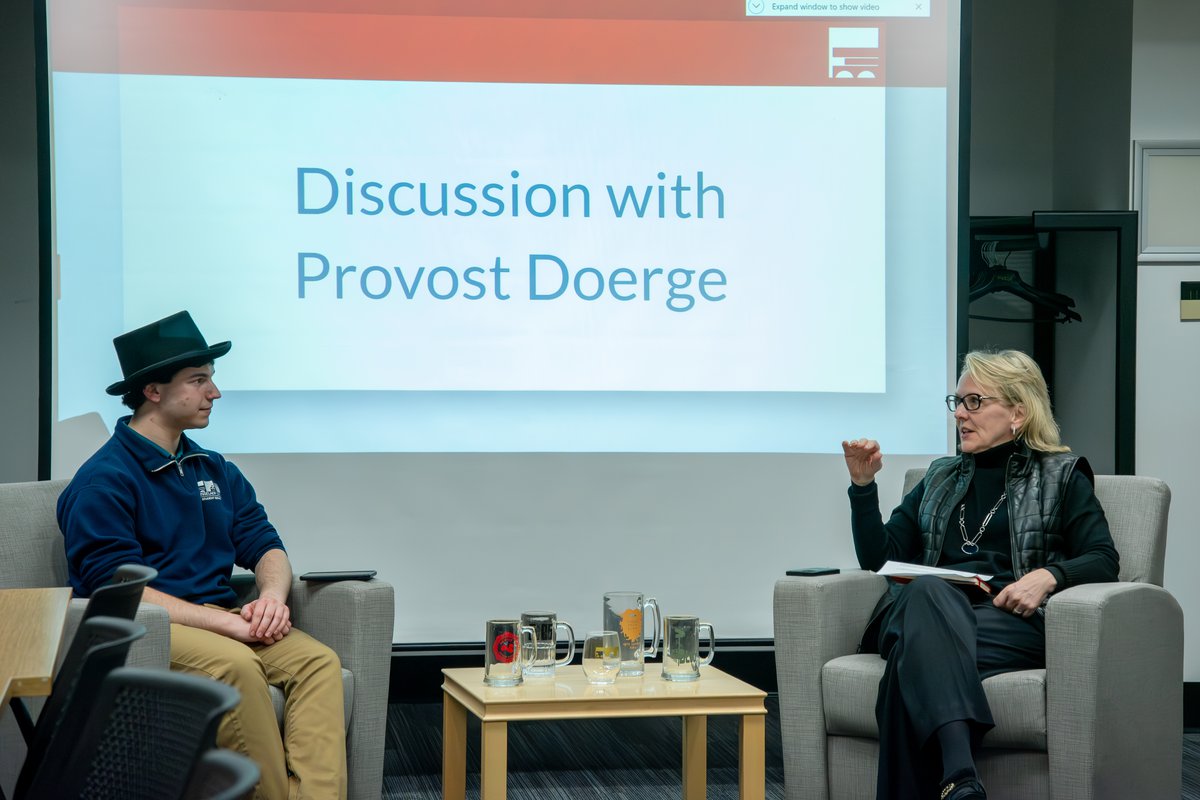Senate amends bylaws to add inquiry powers, passes new election policy
The Student Senate amended its bylaws last week to allow for formal inquiries to be opened “into areas concerning Union membership and Union affairs.” The amendment was based on the principle that since the United States Congress is a legislative body and has the power of inquiry, the Student Senate, which is the Union’s legislative body, should also have a similar power. The Senate now has the power to “gather testimony, documents, or comments from individuals or bodies relevant to [an] inquiry” and to compel documents owned by the Union.
Academic Affairs Committee Chairperson Griffin Oliver ’27 introduced the amendment stating that the Senate has no formal way to gather information to fulfill its legislative duties. Oliver added that in the future, the Senate will have to tackle more complex policy issues that may require obtaining documents.
The amendment allows the Senate to open an inquiry into any area concerning any of its legislative interests. The investigation can be delegated to an existing committee, a new committee, or to an individual.
After introducing the language of the amendment, Oliver fielded questions from other senators. Student Life Committee Chairperson Ria Massoni ’24, ’25G asked what constituted a document belonging to the Union. Oliver answered that it would be any document produced by Union staff or by a member of Student Government in their official capacity such as meeting minutes, agendas, or committee motions.
Graduate Senator Tiburon Benavides ’25G followed up, asking if there would be a situation to request non-Union-owned documents. Oliver responded by stating that the Senate would be able to open an inquiry about a non-Union issue, but would be unable to compel documents. The inquiry could request documents, but the party being investigated would have no obligation to comply. Documents related to an individual's private affairs cannot be compelled. Additionally, a body being investigated can determine if the documents they are handing over are private or not, in which case the Senate may not make those documents public. The amendment also includes language that states an individual cannot be sanctioned for not testifying in an inquiry.
After Oliver fielded questions and the senators held a discussion, the amendment passed unanimously.
Following the bylaws amendment, Massoni introduced a new election reform policy that aims to help the Elections Commission better coordinate with Union Staff to create opportunities for Student Workers to act as poll workers. The policy also bars candidates from being given access to any digital system used for running elections and that the Union’s System Administrators, which maintain the Union’s technology, shall designate an individual as a contact for the Elections Commission. In addition, the System Administrators cannot set work priorities that could prevent an election from running smoothly. The new policy also clarifies that poll workers and the System Administrators cannot provide an advantage, unequal treatment, or an endorsement to any candidates.
When asked by Elections Commission Chairperson Jacob Lorelli ’25 if the policy would apply to the upcoming Freshmen Elections, Massoni answered in the affirmative.
After a few more questions and a brief discussion, the new policy passed 11-0-1.
This Senate meeting was held on October 7. The Senate meets every Monday at 8 pm in the Shelnutt Gallery.

 Student Senate
Student Senate